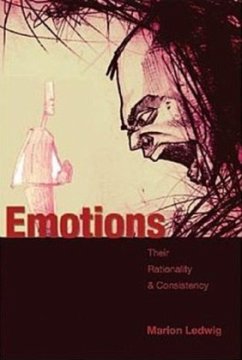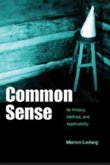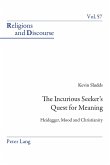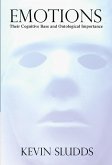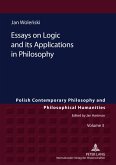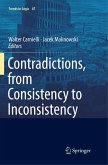Emotions: Their Rationality & Consistency stands in the tradition of current emotion theorists, such as Elster, Damasio, de Sousa, Greenspan, Nussbaum, and Solomon, who advance the rationality of the emotions. Yet this book goes beyond their accounts, for it not only defends the view that emotions can be termed rational, but also considers in which different senses emotions can be termed rational. Besides discussing whether emotional intelligence and emotional consistency are forms of emotional rationality, this book makes clear how far this view on the rationality of the emotions can be generalized: whether it can, for instance, be generalized to computers having rational emotions and whether emotional responses to art can be considered to be rational. This book draws not only on knowledge from neuroscience, cognitive science, and philosophy of mind, but also on evolutionary theory and developmental psychology, to substantiate its position.
Bitte wählen Sie Ihr Anliegen aus.
Rechnungen
Retourenschein anfordern
Bestellstatus
Storno

